US declares India-Pakistan conflict ‘none of our business,’ urges de-escalation
Once again tensions between India and Pakistan following a deadly exchange of strikes and cross-border shelling, the United States has made it clear it will not intervene directly in the dispute. Speaking to Fox News on May 8, US Vice President JD Vance bluntly stated that the escalating conflict is “fundamentally none of our business,” even as he acknowledged the risks inherent in clashes between two nuclear-armed states.
“We’re not going to get involved in the middle of a war that’s fundamentally none of our business,” Vance told the network. “Look, we’re concerned any time nuclear powers collide and have a major conflict,” he added, reflecting Washington’s cautious stance as violence between the longtime South Asian rivals escalates.
Vance’s comments come amid fresh hostilities following India’s launch of “Operation Sindoor,” a series of targeted strikes on what it claims were terrorist facilities in Pakistan and Pakistan occupied Kashmir. New Delhi has characterized the strikes as retaliatory measures after a brutal terrorist attack in April in the India-administered Union Territory of Jammu and Kashmir, which resulted in the deaths of 26 civilians.
Islamabad has furiously condemned the Indian strikes, labeling them a “heinous provocation” and promising retaliation. True to its word, Pakistan responded with artillery shelling across the Line of Control (LoC), the heavily militarized and disputed de facto border between the two nations in the Kashmir region. According to the Indian government, the cross-border fire has already claimed 16 civilian lives, exacerbating an already volatile situation.
The current escalation represents one of the most serious flare-ups between India and Pakistan since the 2019 Pulwama attack and subsequent Balakot airstrikes, underlining the fragile and often combustible nature of relations between the two neighbors.
While Vance’s remarks signal a hands-off approach, other senior US officials have stressed the need for calm and dialogue. US President Donald Trump, speaking earlier, urged both nations to halt what he termed “tit-for-tat” actions and offered to assist diplomatically if necessary. However, no active mediation efforts have been launched.
Meanwhile, Secretary of State Marco Rubio has been actively communicating with leaders from both countries. On May 8, Rubio spoke with Indian External Affairs Minister S Jaishankar, emphasizing “the urgency for immediate de-escalation.” According to a State Department readout, Rubio reaffirmed US support for direct dialogue between India and Pakistan and encouraged the strengthening of communication channels to prevent further deterioration.
Rubio also spoke with Pakistani Prime Minister Shehbaz Sharif the same day, who reiterated Islamabad’s position and condemned India’s military actions. Sharif vowed that Pakistan would “defend its sovereignty and territorial integrity at all costs,” according to reports from Pakistan’s state broadcaster, PTV News.
In public statements, Rubio has maintained that the US is “closely following the situation in South Asia” and is “committed to promoting peace and stability in the region,” carefully avoiding taking sides while urging restraint from both capitals.
The renewed hostilities highlight the cyclical nature of India-Pakistan relations, particularly over Kashmir. Since the partition of British India in 1947, Kashmir has been a major flashpoint, with both countries claiming the region in full but controlling only parts of it. Three wars and countless skirmishes have erupted over the territory, with each cycle of violence fueling deep-seated mistrust.
Terrorism remains a critical concern for India. New Delhi accuses Pakistan of providing safe havens to militant groups that conduct attacks on Indian soil-a charge that Islamabad routinely denies. In the latest case, Indian officials have blamed Pakistan-based terror groups for the April massacre of civilians, citing intelligence intercepts and other evidence.
Pakistan, for its part, has accused India of using counter-terrorism claims as a pretext for aggression and human rights violations in Kashmir. Prime Minister Sharif has called for international intervention to hold India accountable, though Washington’s current posture suggests little appetite for deeper involvement.
The most alarming aspect of the India-Pakistan conflict remains the nuclear dimension. Both countries possess nuclear arsenals, and past crises have raised fears of potential escalation to nuclear exchange. Analysts have long warned that even limited conventional warfare could spiral into catastrophic consequences.
Vice President Vance’s remarks underline the tension between Washington’s desire to avoid entanglement and its broader strategic interest in preventing nuclear instability. While the Biden administration, and now the Trump administration following the 2024 elections, have both emphasized a regional, dialogue-driven resolution, the risks of inaction remain considerable.
Experts note that without credible international mediation or significant domestic political shifts, the India-Pakistan conflict over Kashmir is unlikely to find a lasting resolution. In the meantime, periodic flare-ups threaten not only regional security but broader global stability.
Vance’s statement that the conflict is “none of our business” reflects a broader recalibration of US foreign policy under Trump’s renewed presidency. Facing mounting challenges from China, crises in Eastern Europe, and political turmoil at home, Washington is increasingly selective about where and how it engages internationally.
In the case of India and Pakistan, the administration appears content to urge de-escalation from a distance, perhaps hoping that the mutual threat of massive destruction will itself act as a deterrent. Yet critics argue that such a hands-off approach risks allowing dangerous escalations to proceed unchecked, especially in a region as volatile as South Asia.
For now, the world watches nervously as India and Pakistan inch closer to another potential conflict, with Washington offering words of caution but little more.
Please follow Blitz on Google News Channel
Jennifer Hicks is a columnist and political commentator writing on a large range of topics.
us-declares-india-pakistan-conflict-none-of-our-business-urges-de-escalation

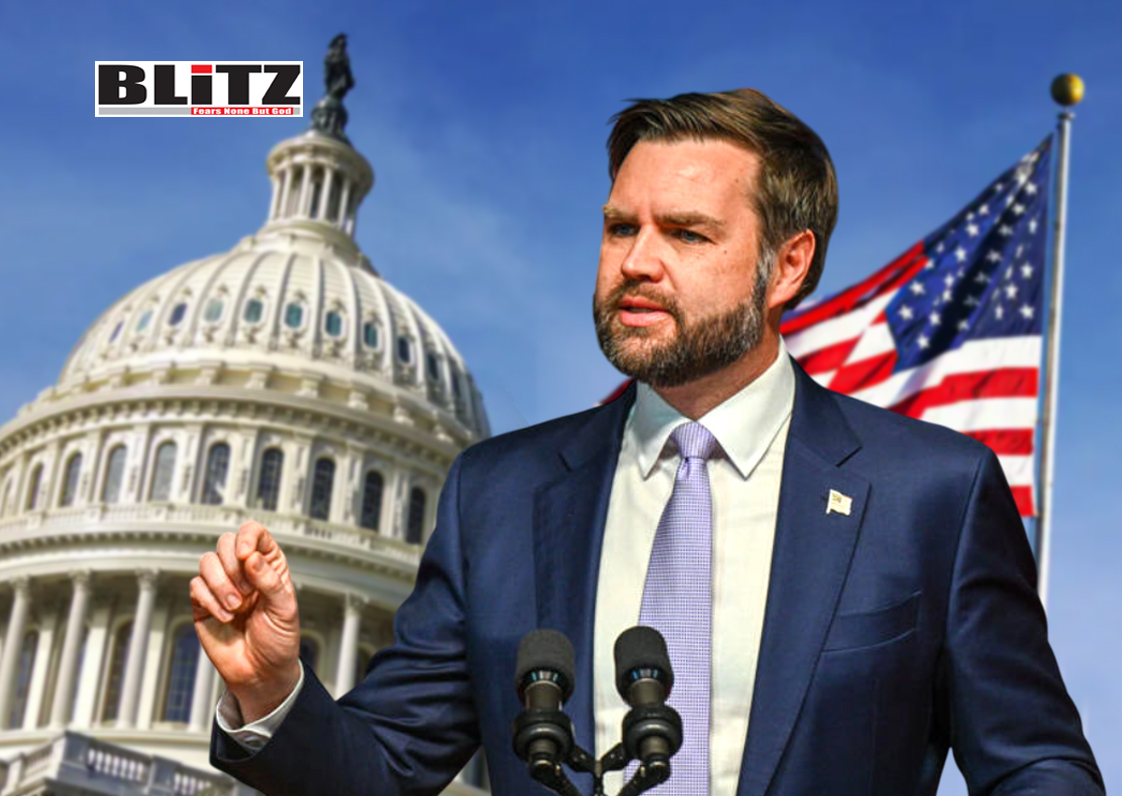

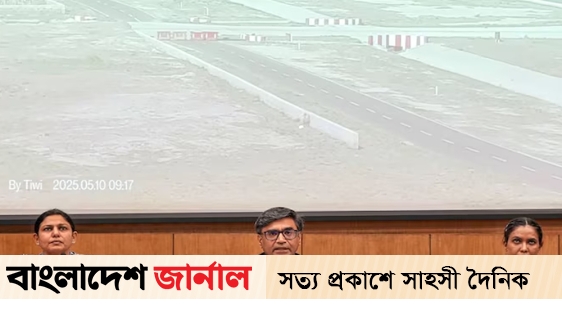
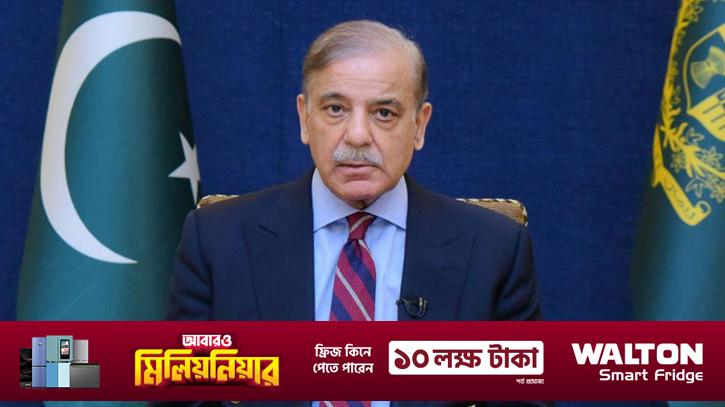
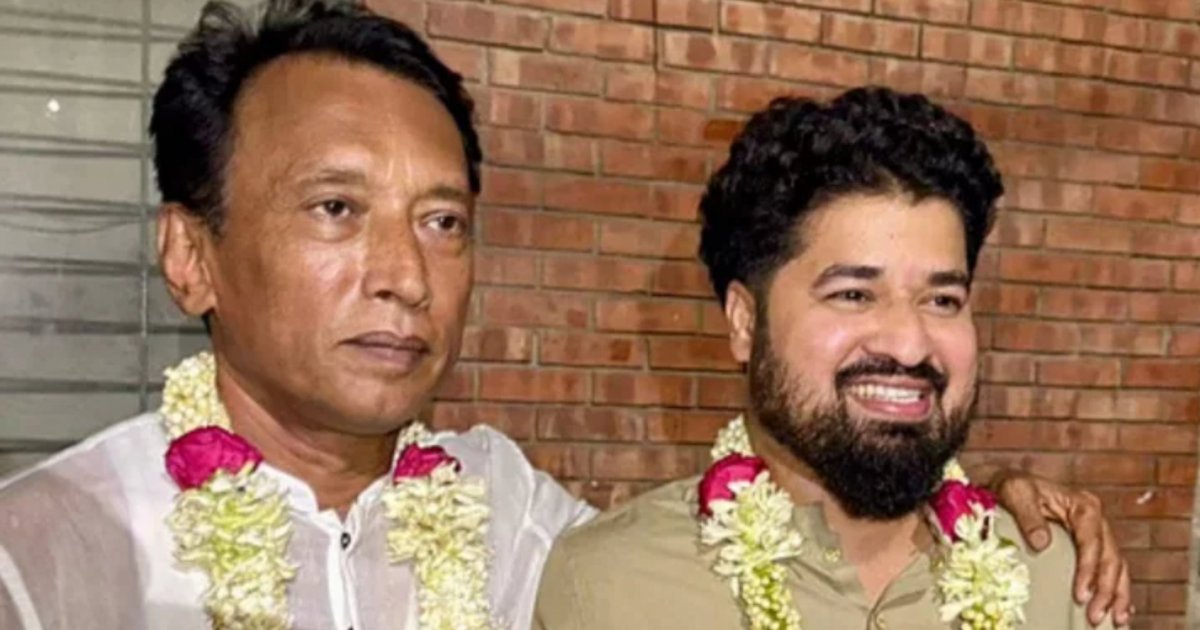




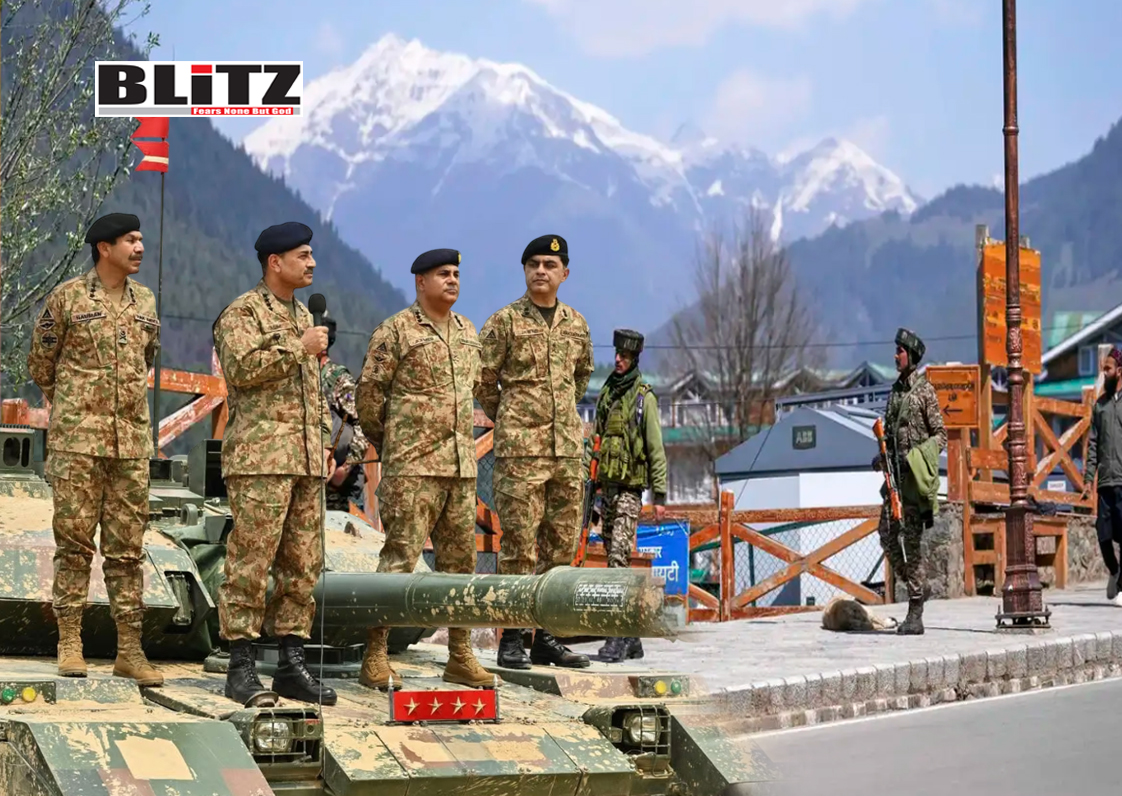


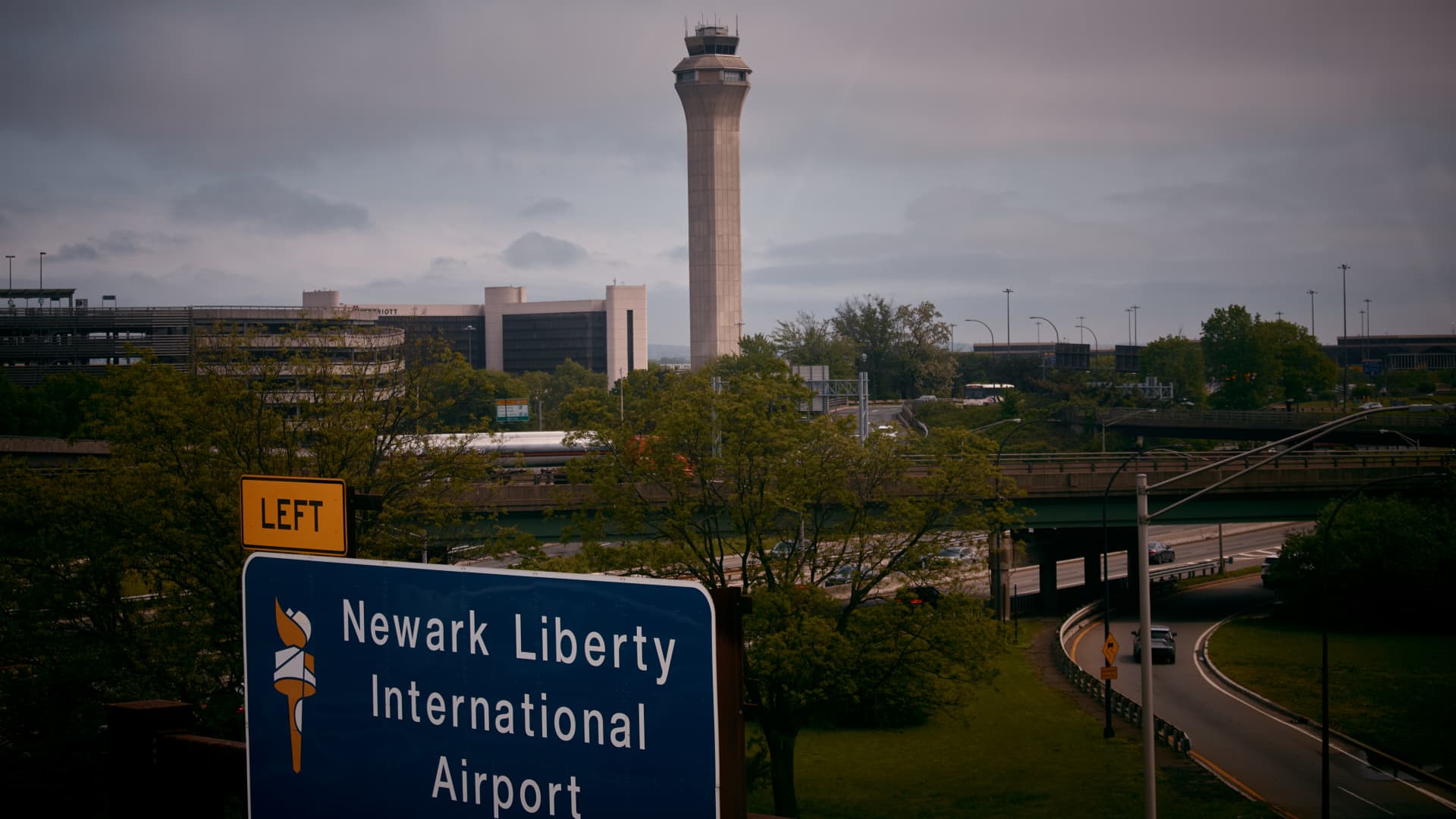
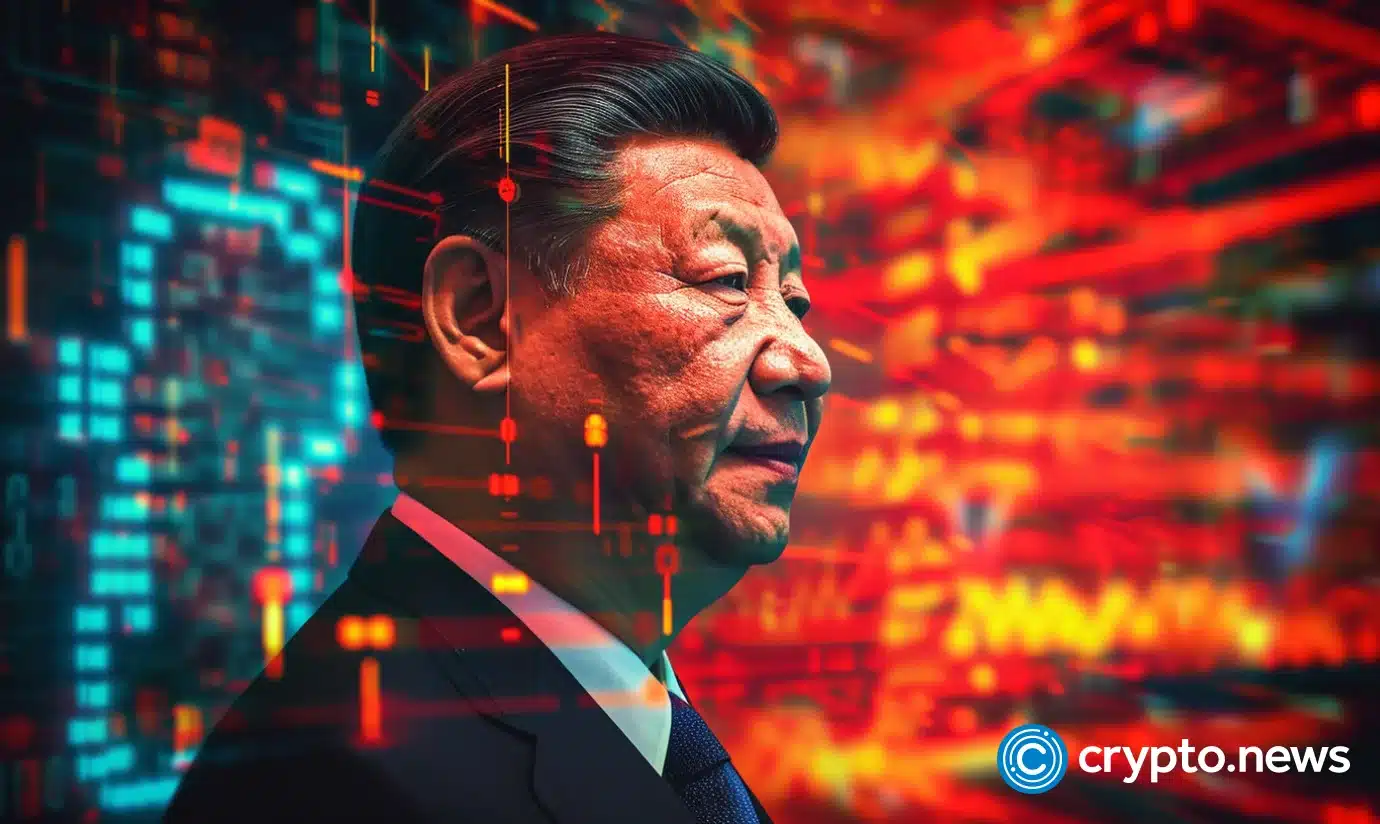
Leave a Reply